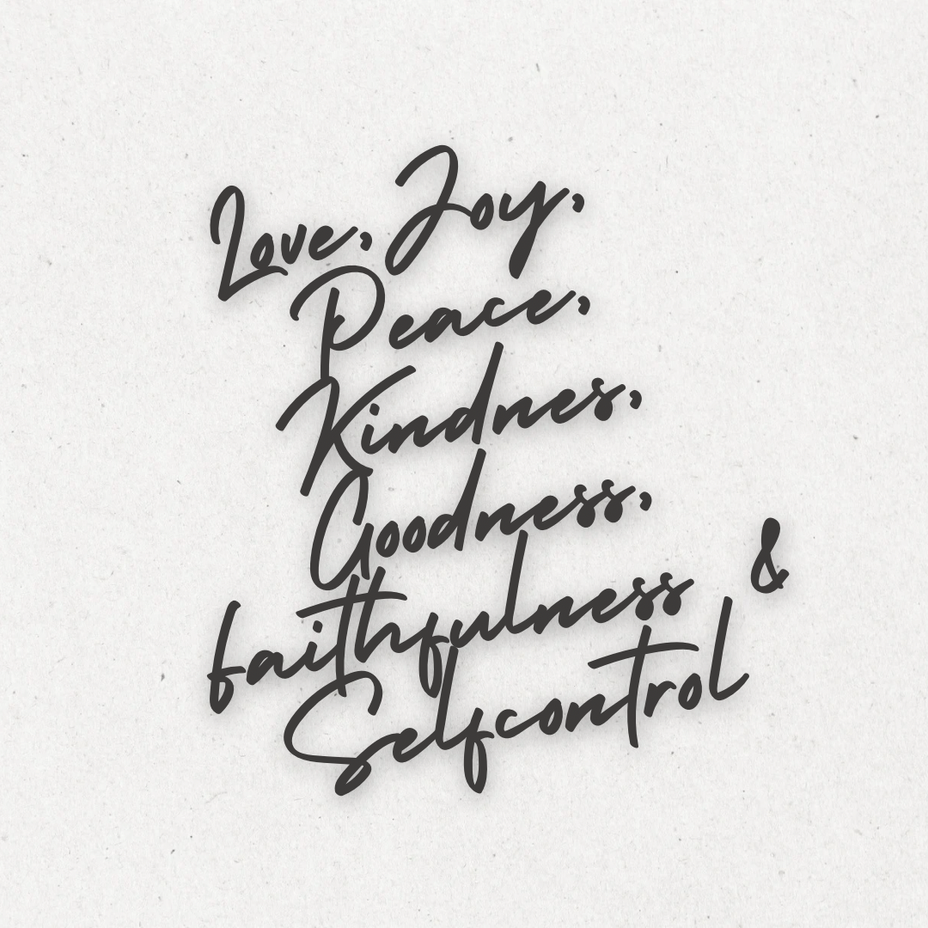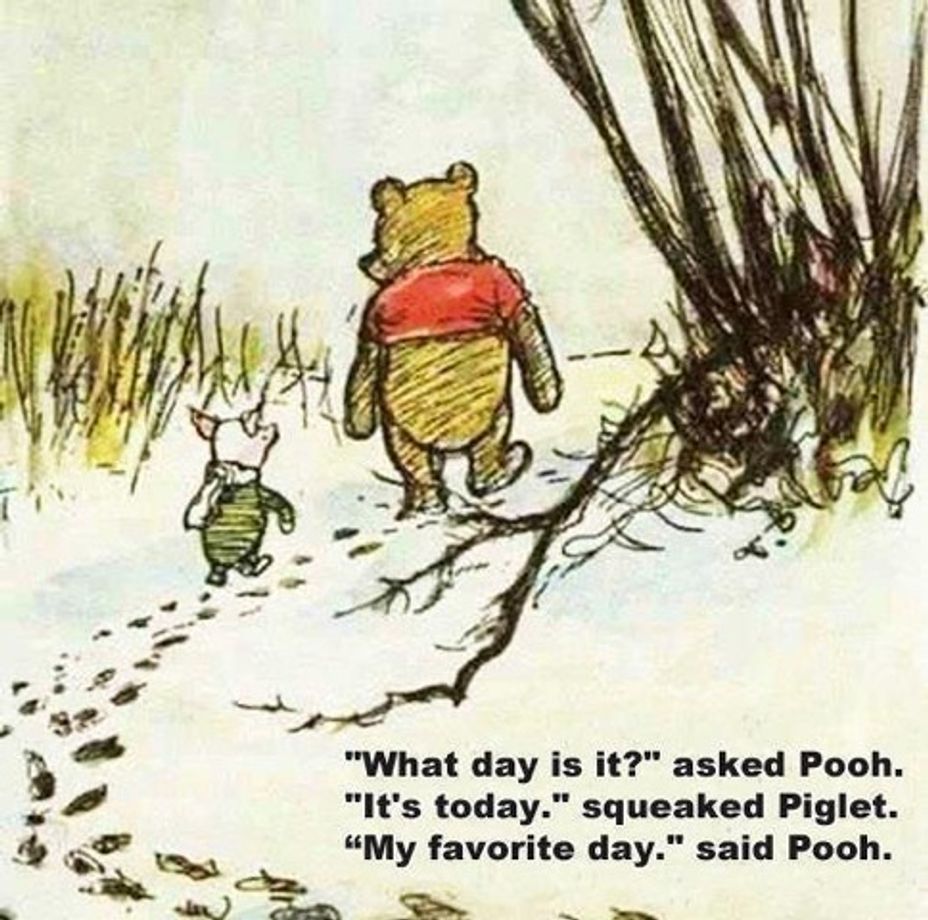goodness


The Power of Gratitude#hopeful #resilience ##goodness
The word gratitude comes from the Latin word gratia, meaning grace, graciousness, or gratefulness, depending on context. Today, researchers continue to explore what gratitude means and how it helps improve one’s sense of well-being.
But what it is? An emotion? A virtue? A behavior? And, what good is it during difficult times when we’re not feeling so grateful? Religious leaders and philosophers have always understood the virtues of gratitude. More recently, researchers in the field of positive psychology have learned a great deal about its biological roots, including the benefits it delivers to those who practice it.
Initially, the gratitude research struck me as a kind of smiley-face response to life, including life’s problems. Some things just need more than a kind gesture, or so I thought. Then I received a gratitude letter-writing assignment at a health-and-wellness conference. So, I tried it.
The first gratitude letter I sent went to my daughter. It was hard to tell which one of us benefited the most. That experience emboldened me to start sending random letters and making lists of items for which I felt thankful—even on days when I didn’t feel overwhelmed with thankfulness.
Curiously, it didn’t matter if I heard from the recipients. Just writing the letter left an imprint on my own sense of well-being. Since then, I’ve found that even, on days when gratitude feels like a stretch, it’s usually time for me to reach out and touch someone’s heart with gracious appreciation, or simply say thank you to a child for the joy she or he brings you. It’s about finding goodness in the whole of life, and feeling much more resilient and complete as a result.
